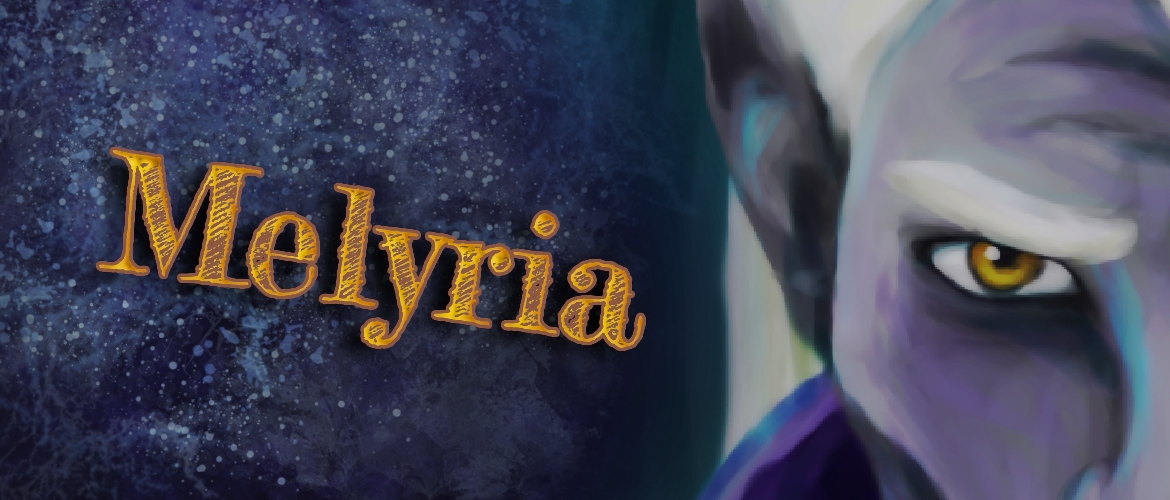Jubarian
aka the Bekir
Jubarians are proud and inventive people, and most prevalent in Sultanate of Jubar and its closest areas. The term "Jubarian" is used to describe both people who have been born in and lives in Jubar but is also used to simply refer to the most dominant ethnic group, sometimes also called the bekirs.
Bekirs are so widespread, especially among the highborn, and so influential that the name is rarely used by outsiders at all and only used in internal politics. Bekirs divide into several smaller groups, and other ethnic groups share the area of Jubar as well, but all of them are influenced by the bekir. Bekirs also drive the idea that they are the "true jubarians", whose practices other groups should assimilate to.
So for the sake of simplicity, in this article, we refer to the bekir as simply jubarians.
Naming Traditions
Feminine names
Women of jubarian decent are not traditionally called by their name, but by epithet which usually has something to do with their heritage, order of birth, their position, their job or their looks and habits.
Traditionally, the birth name of a woman is considered a private matter, and it is only shared with closest friends and family, and revealing a woman's name in public without her consent is considered a violation of her privacy. Thus woman sharing their birth name with a person is considered somewhat of an intimate act and a sign of affection, platonic or otherwise depending on the situation. Young men know that the lady is answering their affections when she is allowing him to know and call her by her birth name.
Lower people are on the social ladder, more likely this mystique of birth name is going to affect them. Some women, despite their class, might even purposefully make their name known as an act of defiance for the male-dominated culture.
Read more about name traditions and usages here.
Masculine names
Young boys, similarly to women, often are called with epithets instead of birth names, until they reach the age of 12. At this point, their birth name is used publicly as a sign of maturity, though in some cases careful families might give a boy a second, public name which is used instead of a birth name.
Read more about name traditions and usages here.
Unisex names
Not all names in jubarian tradition are gender-specific. Some softer-sounding names can be used as birth names for both sexes.
Read more about name traditions and usages here.
Family names
In jubarian tradition, a family name is always taken from the father's side and proceeded with the patronym. These names follow the person's first name or epithet depending on the situation. Family names come from honourable ancestors that started their own families.
Read more about name traditions and usages here.
Other names
Patronyms come from the name of the father of a person, and are used as "middle names". If the father is unknown or has performed dishonour to be struck out of the family, the name of a grandfather or closest male relative is used on the side of the family that is known/claiming the person.
For example, a man named Metin, son of Haluk from the Kar family would be called Metin Haluk Kar.
Read more about naming traditions and usages here.
Culture
Major language groups and dialects
As a predominately human, jubarians speak common. Among the divine scholars, those best versed in secret knowledge might also know Draconic and Celestel.
Culture and cultural heritage
Jubarians belong to the cultural Erdokaal-family, and are currently considered the most driving people among them.
Work in progress
Shared customary codes and values
Work in progress
Average technological level
Work in progress
Common Dress code
Work in progress
Art & Architecture
Work in progress
Common Customs, traditions and rituals
Work in progress
Birth & Baptismal Rites
Work in progress
Coming of Age Rites
Work in progress
Funerary and Memorial customs
Work in progress
Common Taboos
Work in progress
Common Myths and Legends
Work in progress
Ideals
Beauty Ideals
Work in progress
Gender Ideals
Work in progress
Courtship Ideals
Work in progress
Relationship Ideals
Work in progress
Major organizations
Work in progress




Comments